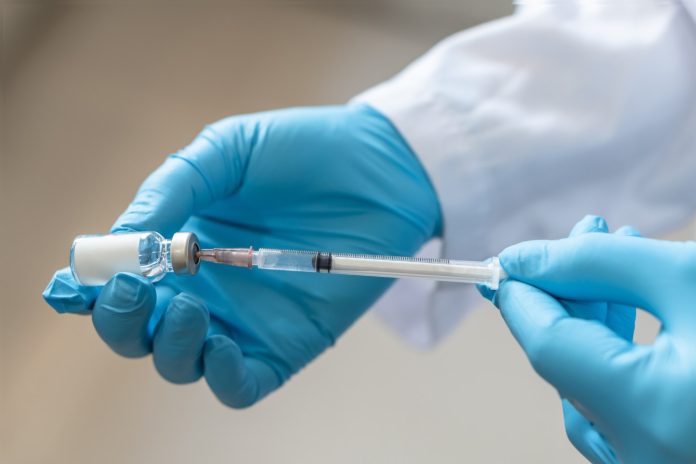
Researchers at the University of Florida have developed an experimental mRNA cancer vaccine that could potentially revolutionize how cancer is treated, with the possibility of becoming a “universal cancer jab.”
The breakthrough discovery, published in Nature Biomedical Engineering, marks a significant stride toward a single vaccine capable of targeting a wide range of tumours.
The vaccine works in a two-step mechanism often referred to as a “one-two punch.” First, it activates the immune system, and then it enhances the immune response against cancer cells. Unlike conventional vaccines that aim to prevent disease, this jab is intended as a treatment, designed to amplify the effects of existing immunotherapy.
In trials with mice, the vaccine demonstrated strong anticancer activity, especially when used in combination with immune checkpoint inhibitors like PD-1 blockers. In some cases, the jab alone was able to completely eliminate tumours, including aggressive forms like melanoma and certain bone and brain cancers.
Dr Elias Sayour, senior author of the study, called the findings “unexpected and exciting,” highlighting that even non-tumour-specific mRNA vaccines can elicit tumour-specific responses. He noted the potential for these vaccines to serve as off-the-shelf treatments that sensitize the immune system to attack cancerous cells.
The jab increases levels of PD-L1 in tumours, making them more vulnerable to immunotherapy and aiding immune cells in recognising them as threats. Lead researcher Dr Duane Mitchell emphasised the broad implications of this method, stating that the approach could one day “wake up a patient’s own immune response to cancer,” and if applicable to humans, would be “profound.”
The research team, which has been studying mRNA vaccine technology for nearly a decade, previously trialled a personalised version of the jab in four glioblastoma patients with encouraging results. They are now working to refine the formulation and initiate human clinical trials.
If successful, this vaccine could become a transformative treatment option across multiple cancer types, shifting the paradigm in oncology from tumour-specific to immune-driven therapies.



